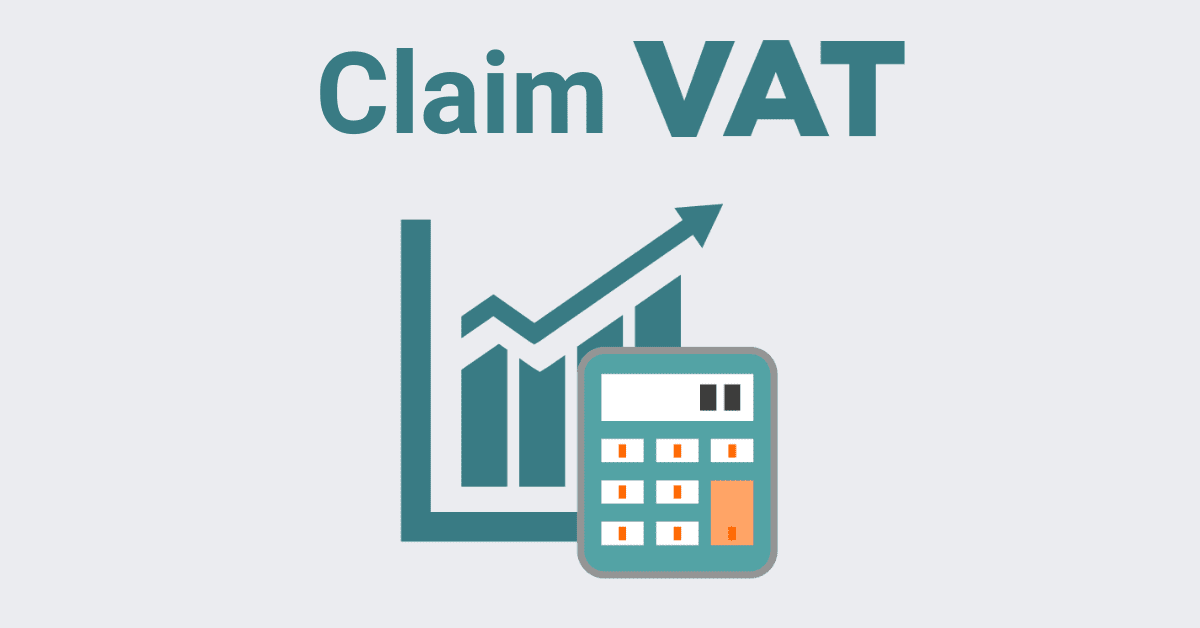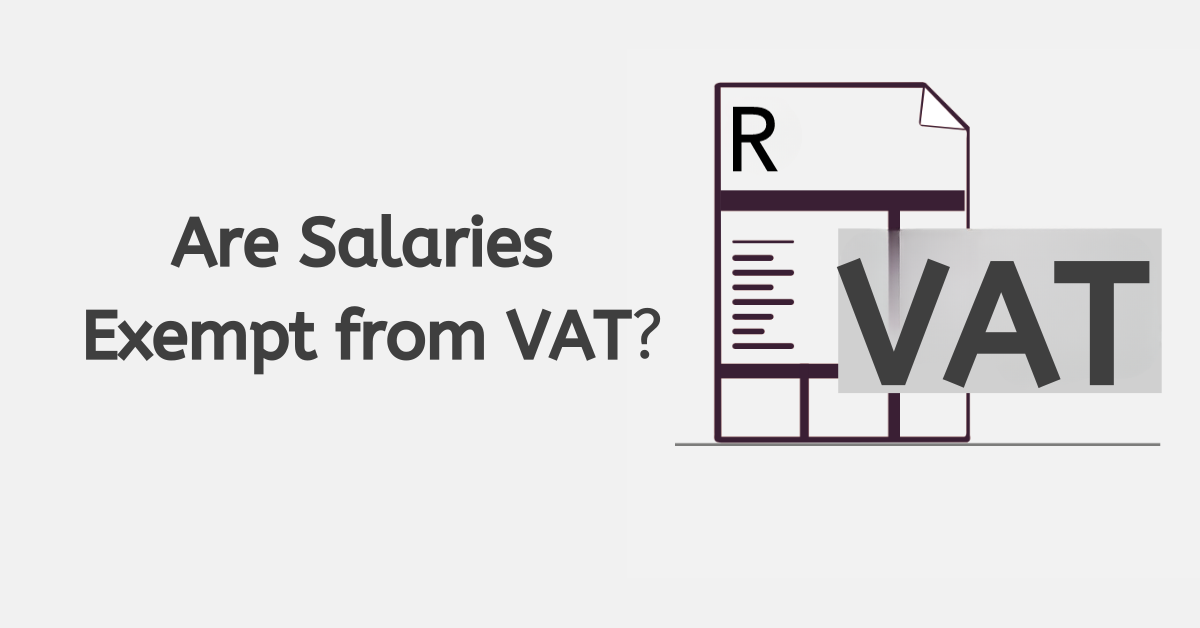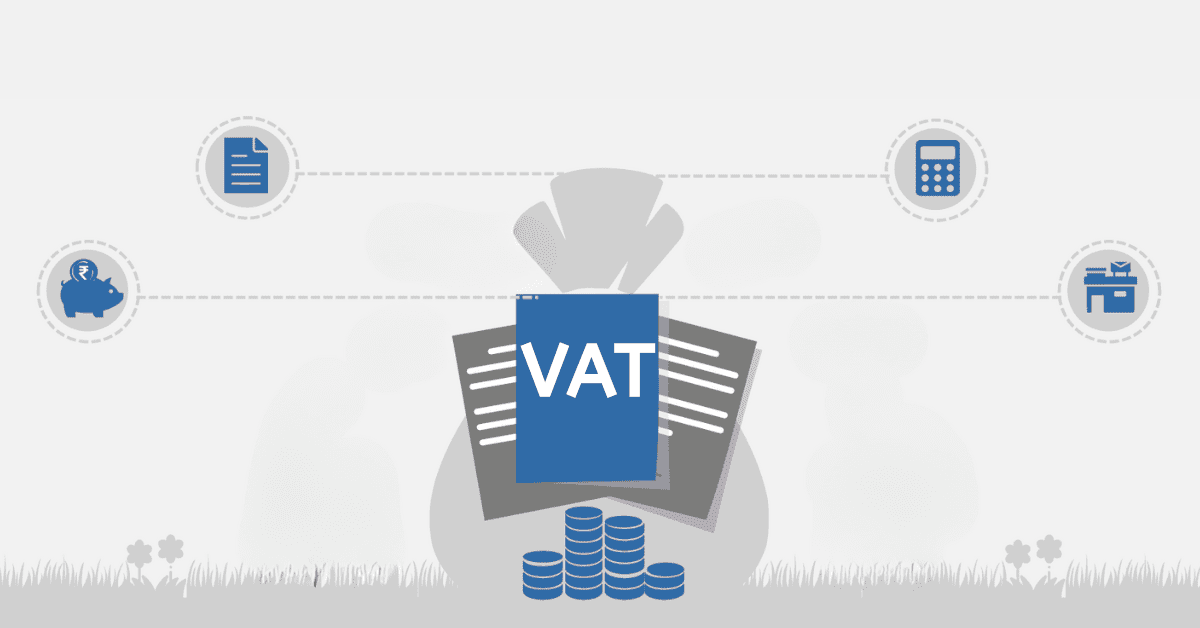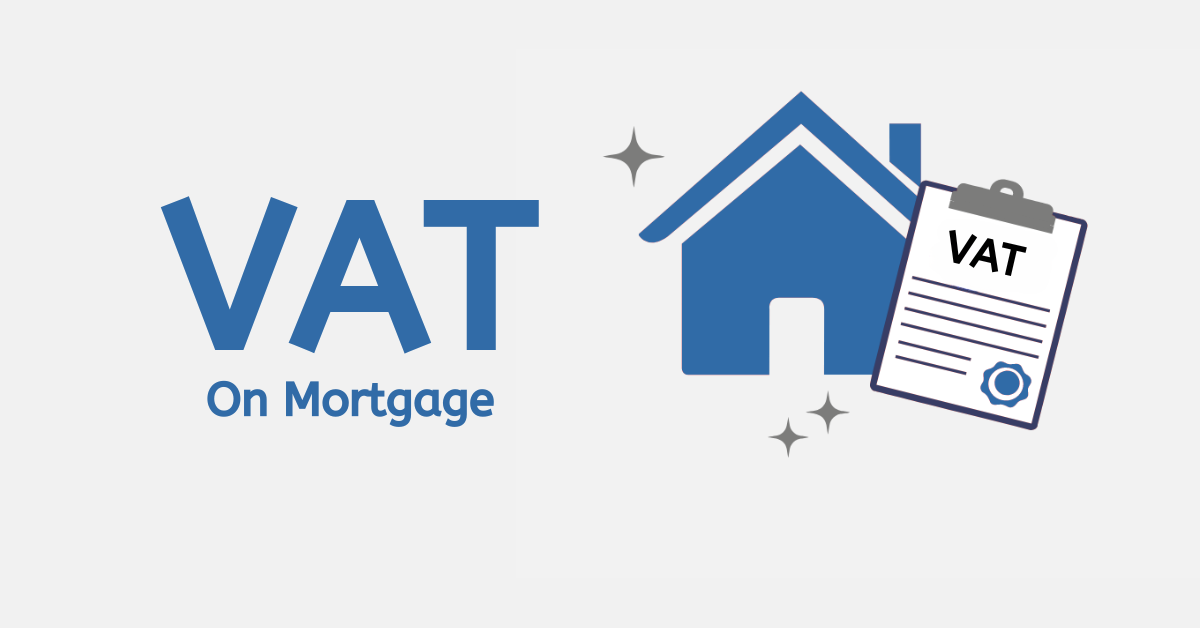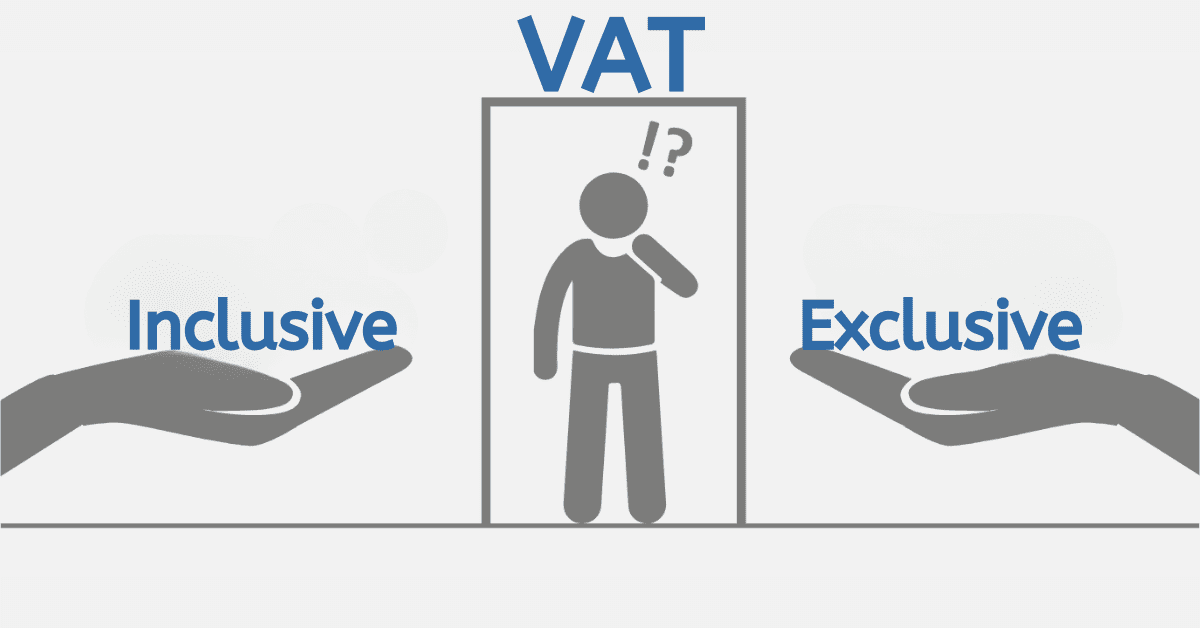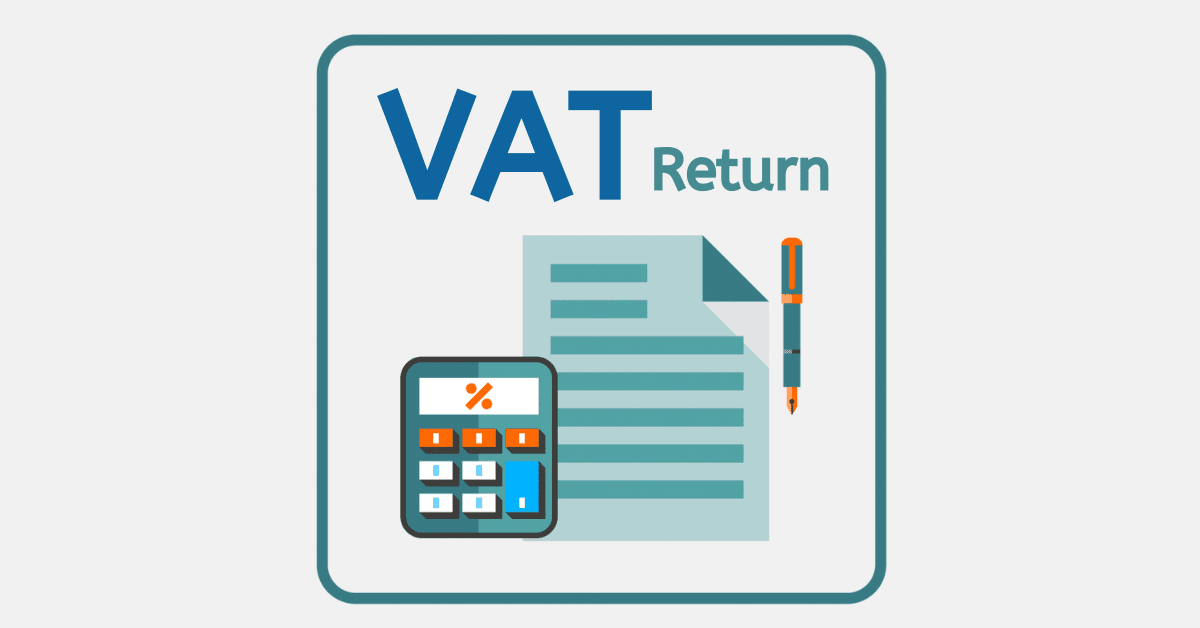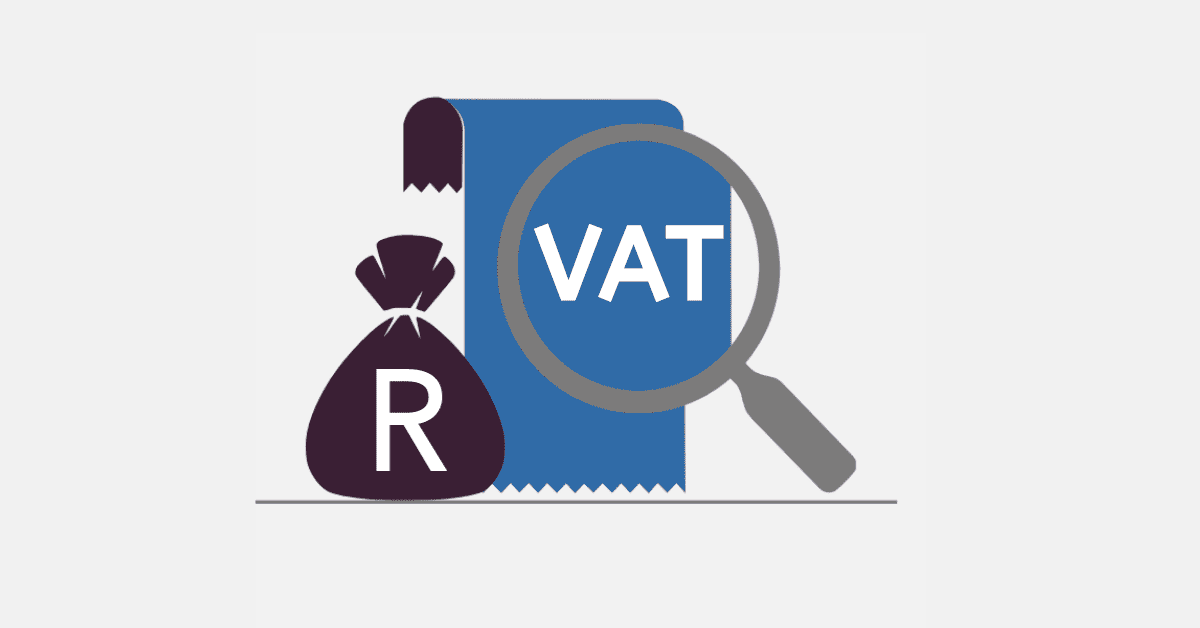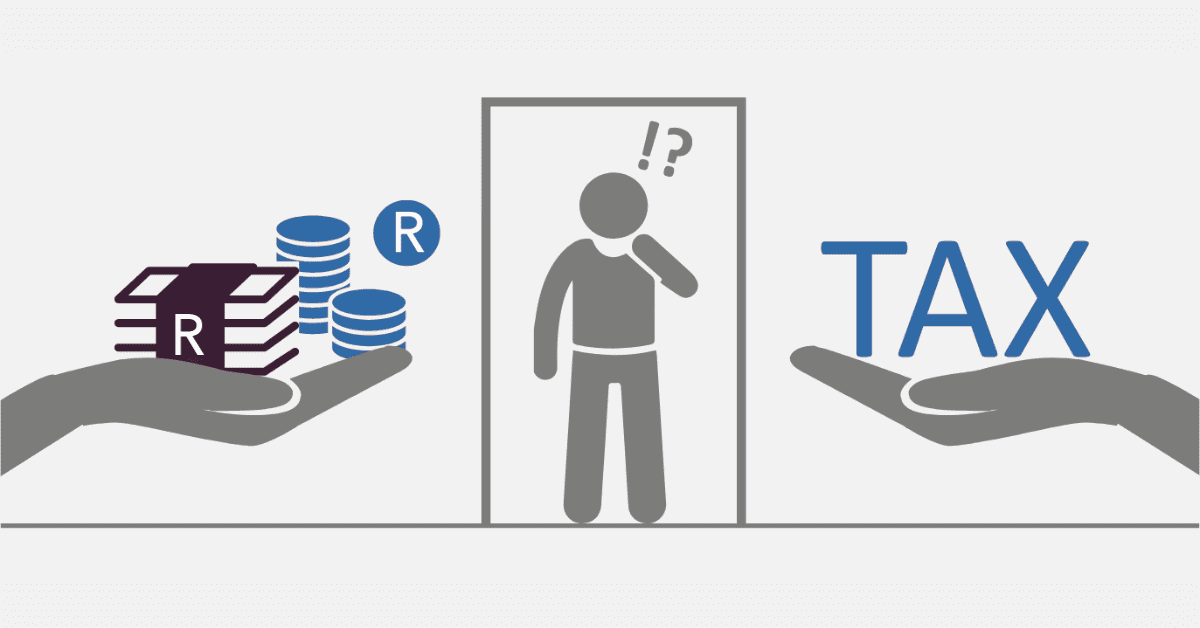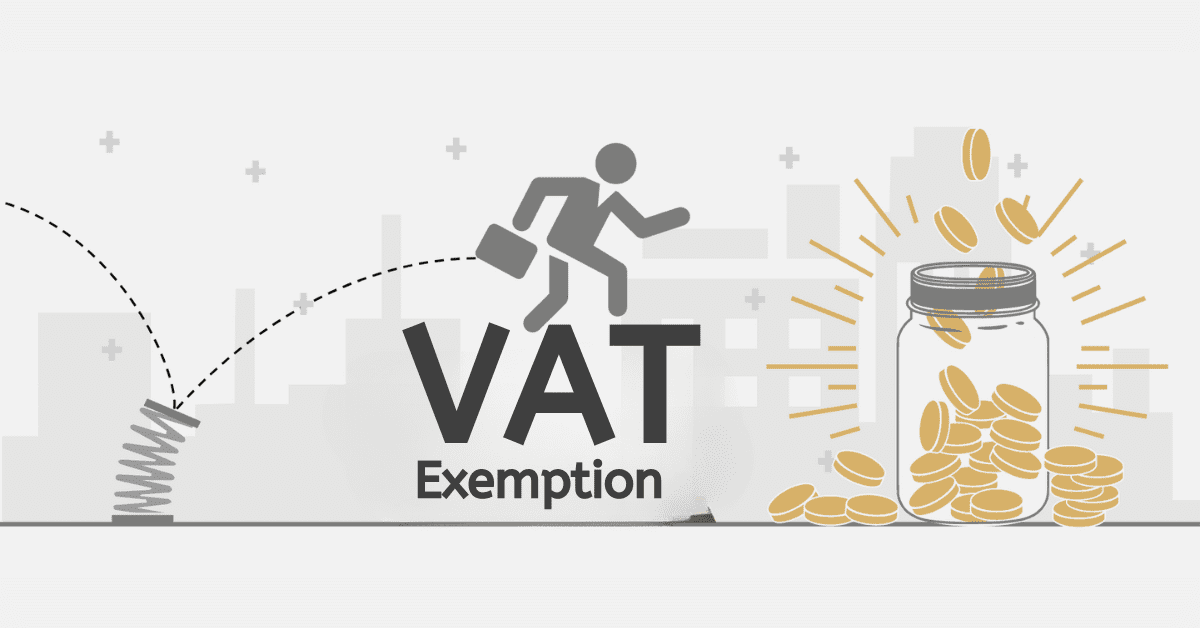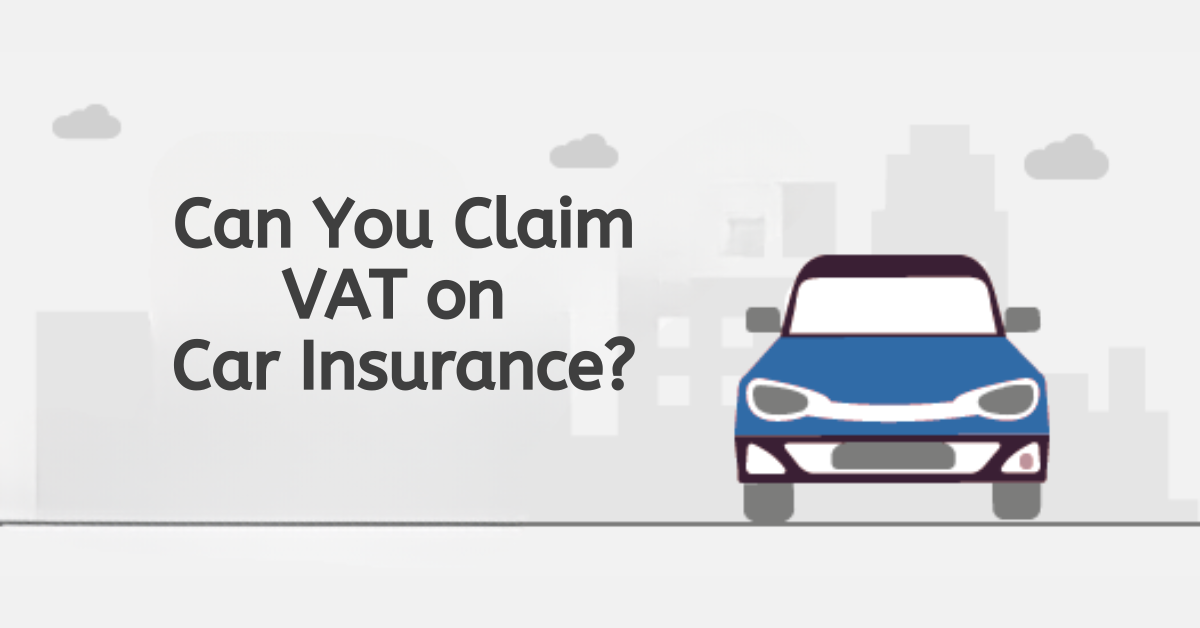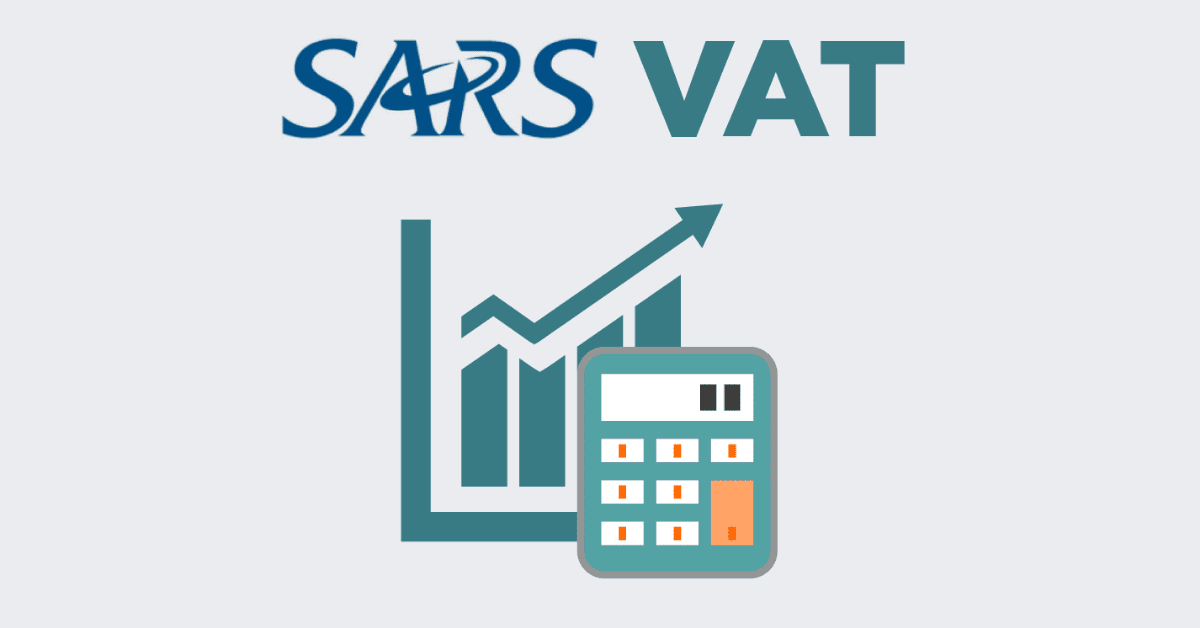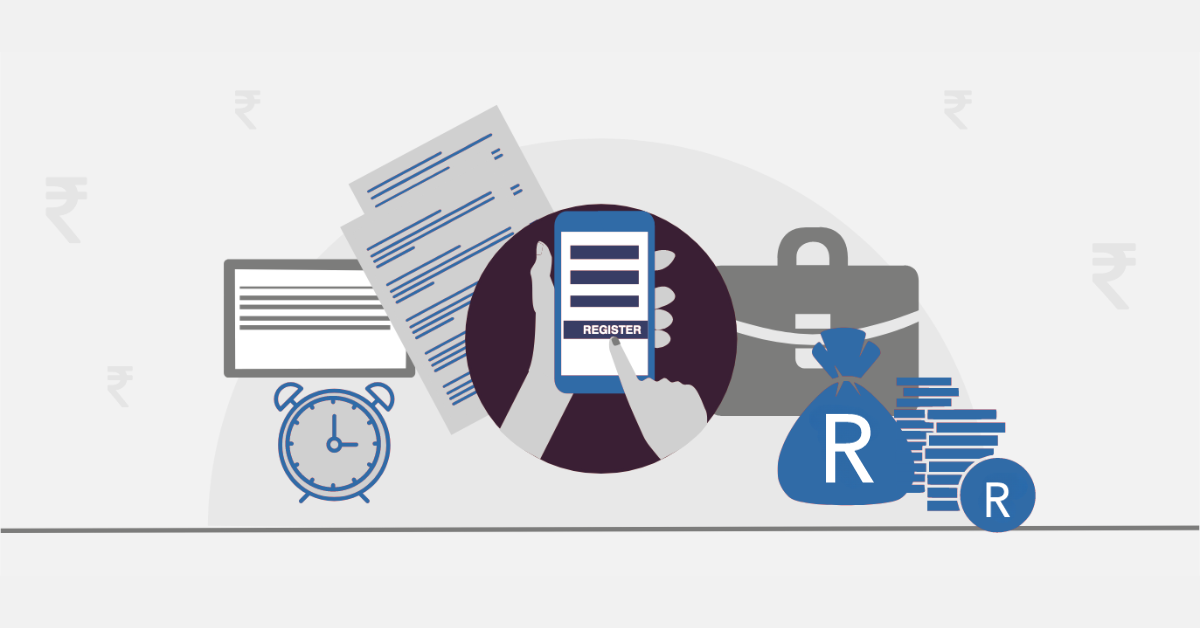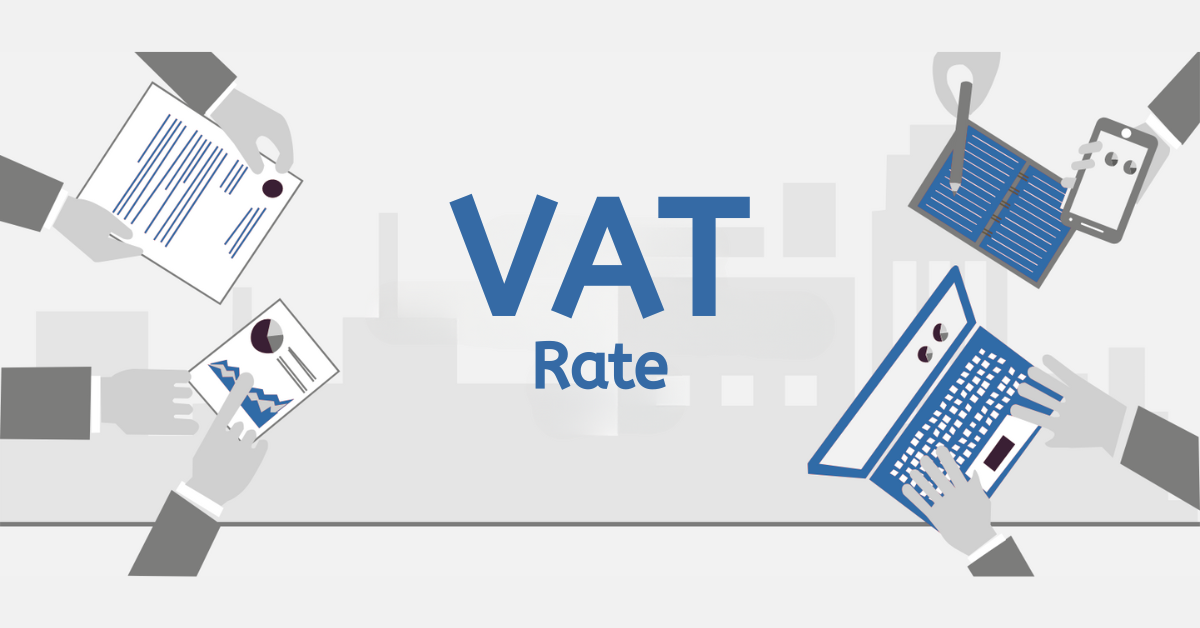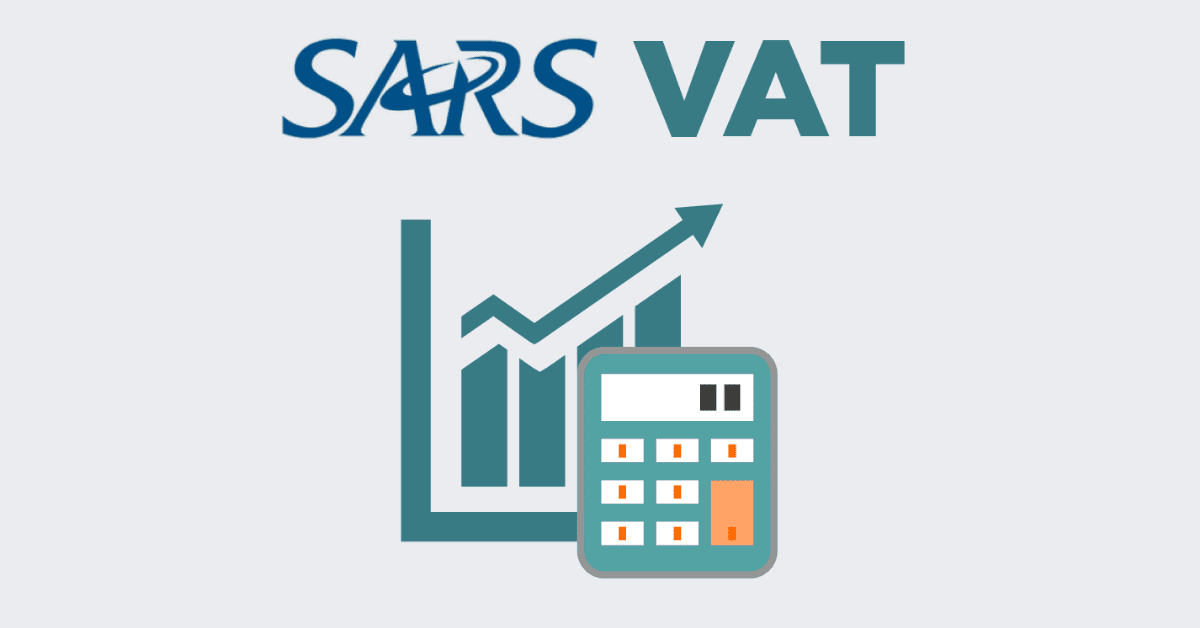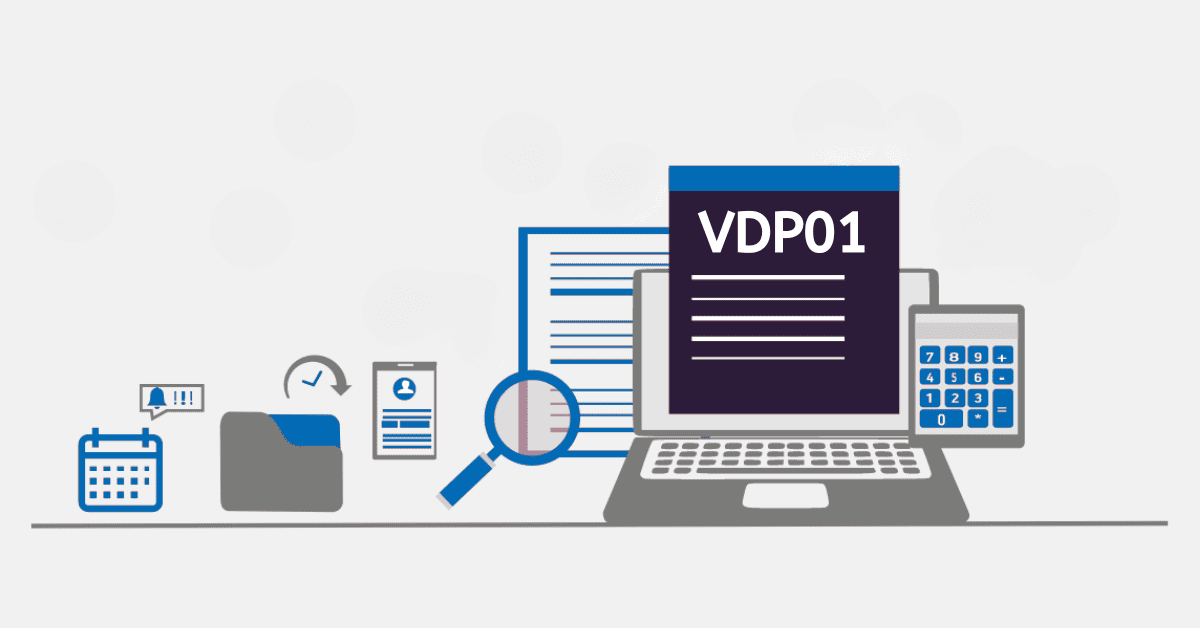Let us explore the realm of international trade in South Africa, an endeavor akin to traversing an intricate labyrinth of taxes and tariffs. At the core of this intricate network lie two pivotal actors: customs duty and value-added tax (VAT).
Customs duty serves as a regulatory mechanism that effectively governs the movement of commodities across international borders. In contrast, value-added tax (VAT) assumes the role of an inconspicuous observer, contributing its portion at every phase of the manufacturing and distribution continuum.
Collectively, they influence the cross-border transaction landscape in South Africa. But hey, what differentiates them? Customs duty kicks in when stuff comes into a country from abroad. Now, value-added tax (VAT) is like the multitasker – it applies to both imported goods and local transactions.
Whether one is importing a shipment of electronics or purchasing a souvenir produced locally, these two entities will invariably be encountered. A comprehensive comprehension of the roles and ramifications associated with international trade in South Africa is vital for all those engaged in this domain.
What Differentiates Customs Duty From VAT?
Customs Duty is like the bouncer at the door, checking every item that comes into the country. It’s a tax that the South African government charges on imported goods. The amount? Well, it depends on the type of item you’re importing and is calculated as a percentage of its value.
Then there’s VAT, or Value-Added Tax. This tax is like a universal guest, attending every party from imports to local transactions. It’s a consumption tax that applies to most goods and services, including those shiny new imports you just brought in.
While both Customs Duty and VAT are charged on imported goods, they’re not twins. They serve different purposes and fill up the government’s piggy bank in their own unique ways.
How Does Customs Work with Shein?
Consider the scenario where individuals engage in online purchasing on international platforms such as Shein, conveniently from their residences located in South Africa. The experience might be likened to having immediate access to a worldwide marketplace. However, it is important to bear in mind that engaging in international shopping necessitates adherence to customs procedures.
Shein, as a facilitative platform, frequently assumes responsibility for managing customs duties and taxes on behalf of its customers. It can be likened to having an individual aide who manages all administrative documentation. However, akin to any proficient service, it may include supplementary charges.
Furthermore, it is important to consider the enduring concepts of Customs Duty and Value Added Tax (VAT). Picture this: your goodies might show up at your doorstep at the same time as your delivery. Before hitting ‘Buy Now,’ make sure you’re the Sherlock Holmes of the purchase game. Dive into the terms and conditions, sniff out any extra costs lurking around. It is generally more advantageous to be well prepared rather than encountering unforeseen surprises upon receipt.
Is VAT Charged on Customs Duty?
Let’s think of VAT and Customs Duty as two separate ingredients in the recipe of international trade in South Africa. They’re both calculated based on the value of the imported goods, but they add different flavors to the mix.
Customs Duty is like the spice added by the customs authorities. It gives a distinct taste to each item depending on its type. On the other hand, VAT is like the salt, a general consumption tax sprinkled on almost everything, from imported goods to local transactions.
Now, here’s the twist. VAT is not directly charged on Customs Duty. They’re like two independent flavors, each contributing to the overall taste but not mixing with each other.
How Is Customs Value Calculated in South Africa?
The process of calculating customs value in South Africa is a precise dance, choreographed according to international standards. The star of this dance is the transaction value of the goods, which is essentially the price paid or payable when the goods are sold for export to South Africa.
But, the dance doesn’t end there. Other elements join in, like freight and insurance, along with certain specific adjustments. They all come together in a meticulous routine to determine the customs value.
This carefully choreographed process ensures a fair and standardized approach to assessing the value of imported goods for customs duty purposes. So, whether you’re a seasoned trader or a newbie, understanding this dance is key to navigating the world of international trade in South Africa.
How Much Do You Pay for Customs in South Africa?
If you’re at a market in South Africa, ready to import some goods, the amount you’ll pay for customs isn’t a fixed price tag, but more like a puzzle with different pieces influencing the final picture.
One of these puzzle pieces is the type of goods you’re importing. Each type has its own customs duty rate, outlined in the schedules to the Customs and Excise Act. It’s like each type of goods has its own unique price tag.
Another piece is the value of the goods. Here’s the deal: the fancier the stuff, the more you shell out for customs duty. But wait, there’s more – shipping companies throw in extra charges for their services. It’s like paying for a delivery service.
And let’s not forget VAT. It’s calculated as a percentage of the customs value, adding another layer to the overall cost. It’s like a sales tax that applies to almost everything you buy.
Final Thoughts
Customs duty is like the lighthouse, protecting domestic industries and serving as a revenue source for the government. It’s specific to the type of goods you’re importing, like a unique beacon guiding each type of ship.
On the other hand, VAT is like the wide ocean itself, a broader consumption tax that applies to a vast range of goods and services. It’s omnipresent, whether you’re importing goods or engaging in local transactions.
Now, let’s say you’re trading on popular online platforms like Shein. Navigating these waters requires awareness of potential additional costs, like paying for a skilled crew.
And what about the customs value? It’s like the weight of your cargo, influencing the cost of your journey. Understanding how it’s calculated and the varying components of customs charges is like having an accurate map.
So, as you engage in cross-border transactions, remember, knowledge is your best ally. Understanding the distinctions between customs duty and VAT is like having a seasoned captain, empowering you to navigate the global trade landscape with clarity and compliance.
